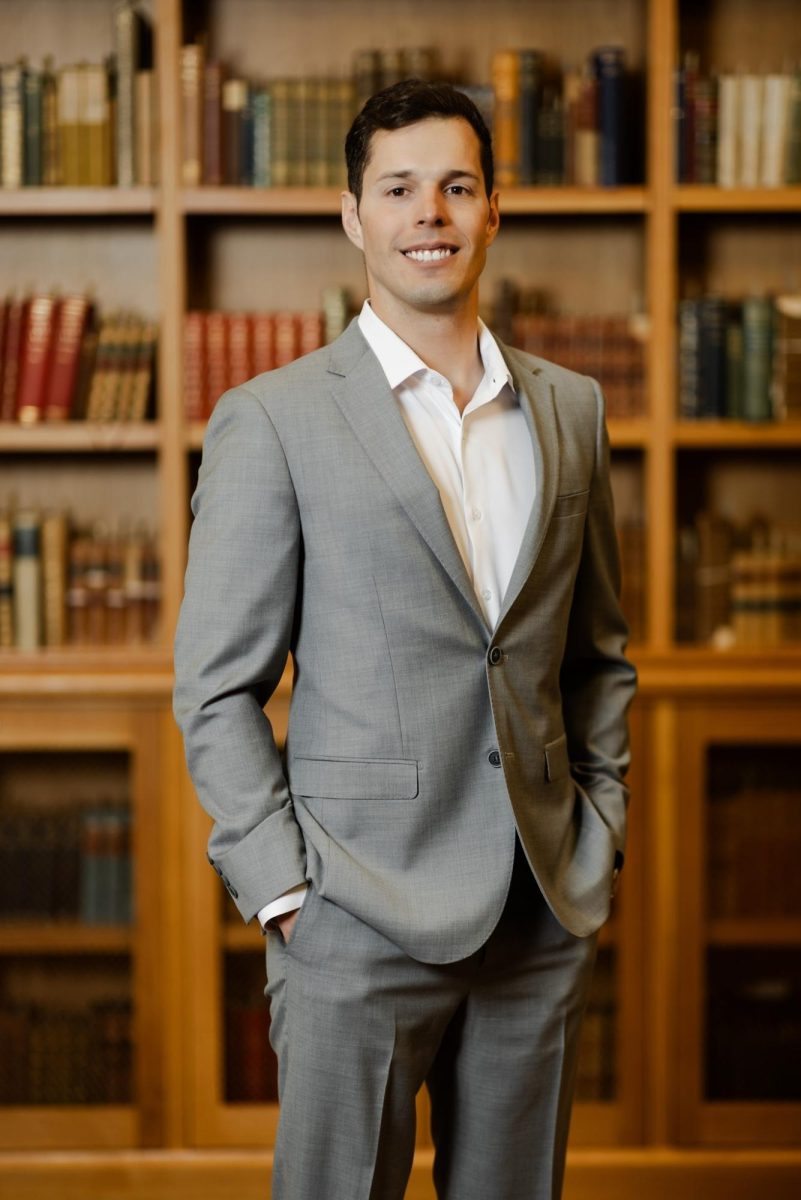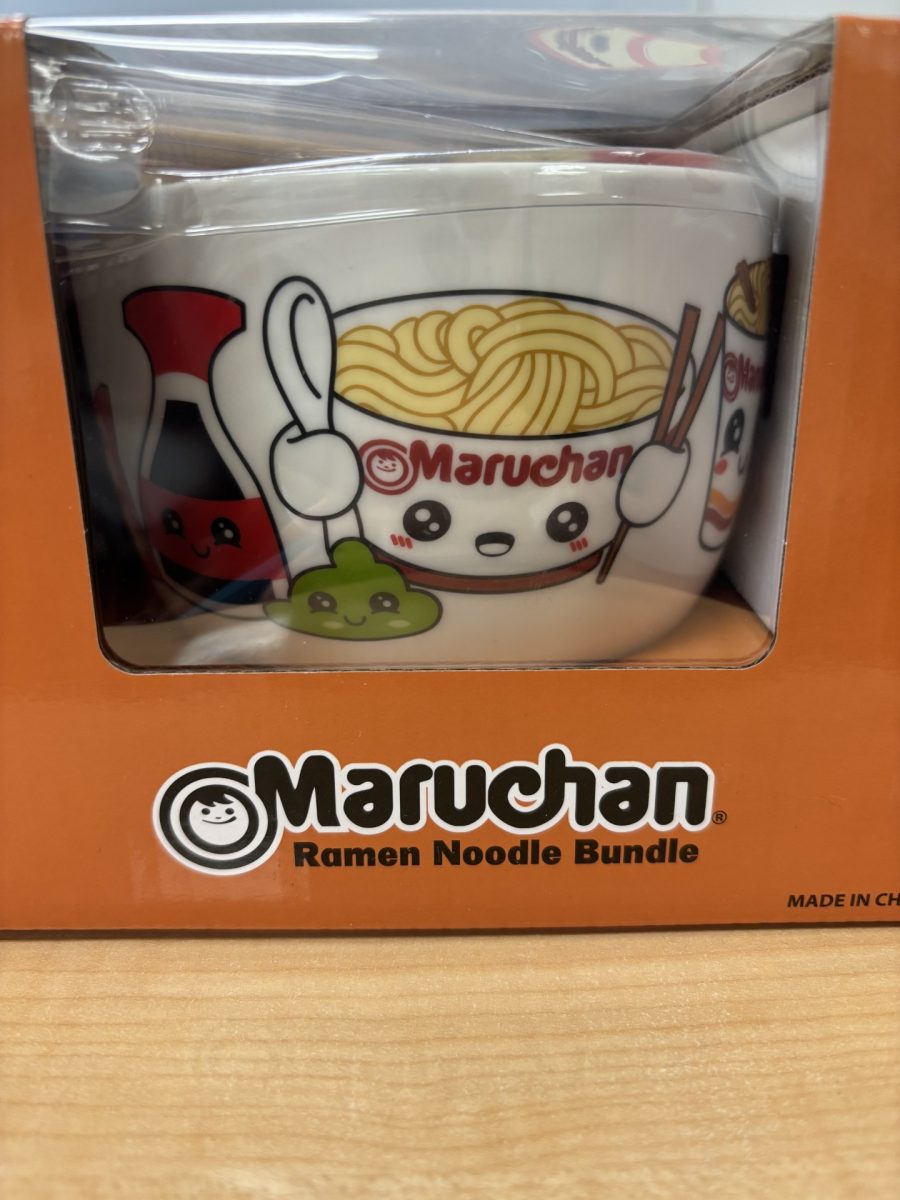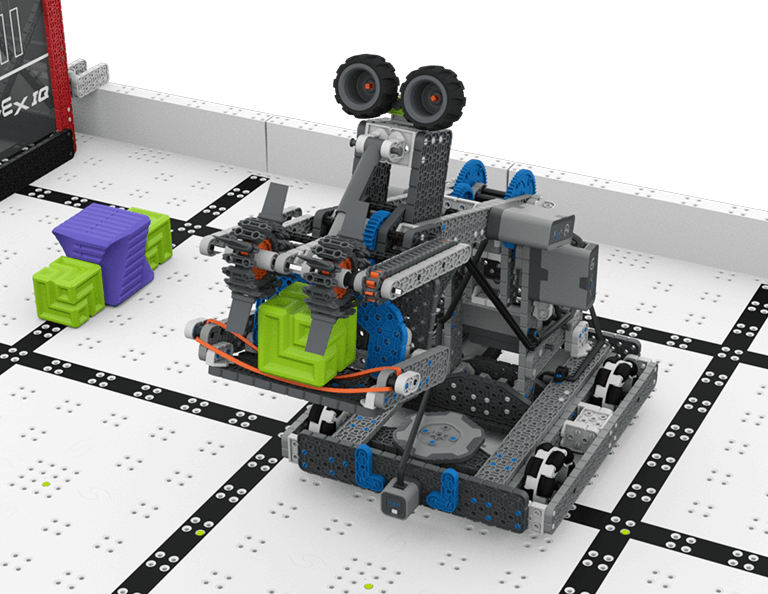Daniel Molina’s story is one that shows how life can take you to unexpected places if you’re brave enough to follow your heart. Born and raised in Richmond, Texas, Daniel grew up in a close-knit community where everyone knew each other. Even as a kid, he made some mistakes—like the time he got into trouble for tampering with fireworks. But instead of letting that mistake hold him back, it pushed him to make a big decision at 17: joining the military.
His choice to enlist changed his life completely. Daniel became a combat medic, a role that would lead him to places he never imagined. During his four-and-a-half years in the Army, he trained in Germany and Kentucky and even served in Afghanistan. In the rugged mountains of Kunar, he learned what it really meant to work under pressure and in dangerous conditions. Those experiences taught him not only medical skills, but also about courage, communication, and teamwork in stressful situations, an important skill that he carried with him during the rest of his life.
After leaving the military, Daniel didn’t slow down. He went back to Texas and enrolled in community college before earning a degree in Public Law and Administration. Later, he even earned a Master’s degree while exploring his interest in government and community service. It was clear that Daniel was determined to use his experiences to help others and to make a difference in the world. After earning his Master’s degree and going through a business venture, he voluntarily worked in Iraq, utilizing his abilities to aid soldiers and citizens after the rise of Isis.
When Russia invaded Ukraine in 2022, Daniel felt a strong pull to do something about it. Even though he didn’t know much about Ukraine at first, he remembered his volunteer work in Iraq. With his background as a combat medic and a drive to help, he decided to head to Ukraine. Packing over 120 pounds of medical supplies—an impressive and almost comical load—Daniel set out on a journey to a country in desperate need of help.
Once in Ukraine, Daniel faced many challenges. The weather was mostly gray and overcast; he said he only saw the sun twice in one month. Because of the constant threat of danger in the war zone, he stayed close to his base and his gear, avoiding unnecessary risks. Even so, he couldn’t help but notice the rich history and culture around him. In cities like Kyiv and Kharkiv, statues and monuments that once proudly celebrated history were now covered in layers of sandbags to protect them from bombs. Even public spaces and parks, which would normally be lively and beautiful, had a somber look because of the constant reminders of conflict.
Despite the serious circumstances, Daniel found that humor was a big part of life in Ukraine. He met many young locals and colleagues who used jokes to cope with the daily challenges of living in a war zone. They would laugh about drones, bombs, and even make fun of the Russians, as if humor could lighten the heavy burden of their reality. However, behind the jokes, Daniel could see the tired eyes and the sadness of people who had been through so much. One interpreter he worked with, named Roma, shared a moving story about having to live in a basement with his family for months just to stay safe. Moments like these showed Daniel that even though the people around him tried to smile and laugh, they were also quietly hurting.
Daniel’s role in Ukraine was not just about using his medical skills—it was also about teaching. He worked with various organizations, including one called the Trident Defense Initiative, to train Ukrainian soldiers and police officers in combat medicine. His classes were designed to help them learn quickly how to save lives in dangerous situations. For instance, one of the lessons he taught was about how to replace a hastily applied tourniquet. While some local instructors recommended a slow and careful approach, Daniel explained that sometimes you need to work fast to stop the bleeding and save a life. This was just one example of how he and his students shared ideas and learned from each other.
Even though teaching was a big part of his work, Daniel also learned a lot from his own experiences in Ukraine. He discovered that every day brought new challenges—not only in the techniques of medicine but in understanding how to communicate and work with people from a very different culture. He had to overcome language barriers and adapt to local customs, sometimes with the help of skilled interpreters. These challenges made him a better teacher and a more thoughtful person.
Life in Ukraine wasn’t only about work and danger. There were also small moments that reminded everyone of what they were fighting for. During the holiday season, even in the middle of a conflict, the people of Kharkiv decorated Freedom Square with modest blue and white lights, and familiar holiday songs could be heard in local stores and restaurants. These moments of celebration, though quiet, brought hope and a sense of normalcy to a place where life had become anything but normal.
After several months on the front lines, Daniel eventually returned to the United States. He jumped straight back into law school, balancing his studies with the memories of everything he had experienced abroad. Even back in the familiar halls of academia, his journey continued to shape him. His time in Ukraine taught him that true courage is not just about facing danger—it’s also about caring for others and learning from every situation, no matter how tough it may be.
Daniel Molina’s journey from a small town in Texas to the war-torn streets of Ukraine is a powerful reminder that sometimes the bravest thing you can do is step outside your comfort zone. His story shows us that with determination, compassion, and a willingness to learn, it’s possible to make a real difference in the world. Whether it’s in the classroom, on the battlefield, or in everyday life, Daniel’s experience teaches us that every challenge is also an opportunity—to help, to grow, and to understand that even in the darkest times, there is always a spark of hope.
The full transcript of the interview can be found here. There are also other photos attached of Mr. Molina standing with many of his fellow Ukrainian soldiers.








